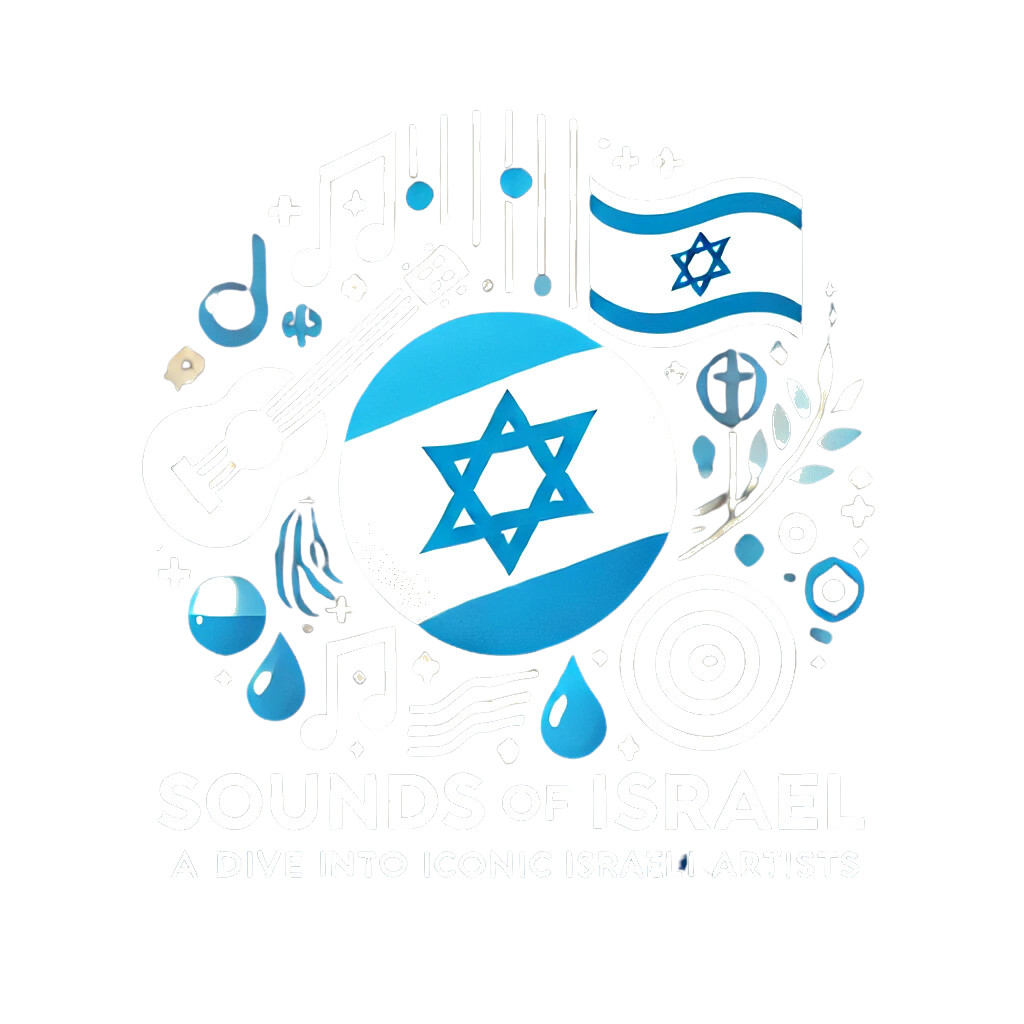This blog post delves into the rich tapestry of Israeli music as it is featured in film and television, both domestically and internationally. With a focus on how the unique sounds and rhythms of Israel’s diverse musical culture have been used to enhance cinematic experiences, the post explores the impact and importance of these soundtracks in bringing Israeli culture to a global audience.
‘From Folklore to Film: The Journey of Israeli Music’
Israeli music has a rich and diverse history that reflects the country’s cultural tapestry. From traditional folk songs rooted in centuries-old traditions to modern compositions that blend Middle Eastern and Western influences, Israeli music has evolved over time. In the realm of film and television, Israeli music plays a crucial role in shaping the narrative and enhancing the viewer’s experience. It serves as a powerful tool to evoke emotions, set the tone, and provide cultural context. The journey of Israeli music from its roots in folklore to its prominent place in film and television is a testament to its enduring relevance and impact. The fusion of traditional sounds with contemporary styles has created a unique sonic landscape that resonates with audiences worldwide. Israeli music not only entertains but also educates, offering a glimpse into the country’s rich musical heritage and diverse cultural identity.

An image showing a collection of Israeli musical instruments, emphasizing the rich musical history of the country.
‘Bridging Cultures: How does Israeli Music in Film and Television Transcend Borders?’
Israeli music in film and television has a remarkable ability to transcend borders and connect with audiences around the world. Through its unique blend of traditional Middle Eastern melodies, Western harmonies, and global influences, Israeli music serves as a bridge between cultures, fostering understanding and appreciation. The universal language of music allows Israeli compositions to resonate with viewers regardless of their background or nationality. Whether it’s a haunting melody in a poignant scene or an upbeat track in a celebratory moment, Israeli music has the power to evoke emotions and create a sense of shared experience. By incorporating Israeli music into film and television productions, creators can introduce audiences to the country’s rich musical heritage and cultural diversity, sparking curiosity and promoting cross-cultural dialogue. In this way, Israeli music serves as a powerful tool for cultural diplomacy, breaking down barriers and fostering connections that transcend geographical boundaries.
‘A Symphony of Cultures: What are the Influences on Israeli Music in Cinema?’
Israeli music in cinema is a rich tapestry woven with diverse cultural influences that reflect the country’s unique history and heritage.
- 1. Eastern Traditions:
Israeli music in cinema often draws inspiration from traditional Middle Eastern and Jewish melodies, incorporating elements such as maqamat (musical modes) and rhythms that have been passed down through generations. These influences can be heard in the haunting oud melodies, rhythmic darbuka beats, and soulful vocal performances that infuse Israeli film scores with a sense of authenticity and depth. - 2. Western Fusion:
Another key influence on Israeli music in cinema is the fusion of Western musical styles and instruments. From classical orchestral arrangements to contemporary pop and rock sounds, Israeli composers often blend Western harmonies and instrumentation with Middle Eastern motifs to create a unique and dynamic sonic landscape that reflects the country’s multicultural identity. - 3. Global Inspirations:
In addition to local and Western influences, Israeli music in cinema also draws inspiration from global musical traditions, reflecting the country’s position as a melting pot of cultures. From African rhythms to Latin American melodies, Israeli composers explore a wide range of musical styles and genres, incorporating diverse sonic textures and rhythms that add depth and complexity to film scores. These global influences not only enrich Israeli music in cinema but also contribute to the country’s vibrant and eclectic musical landscape, showcasing the creativity and innovation of its composers on the international stage.
‘Israeli Music on the Global Stage: What Impact has it had?’
Israeli music has made a significant impact on the global stage, transcending borders and captivating audiences around the world with its unique blend of cultural influences and innovative sounds.
From the haunting melodies of traditional Middle Eastern instruments to the pulsating rhythms of contemporary pop and electronic music, Israeli artists have carved out a distinct niche in the global music scene, attracting listeners with their diverse and eclectic sound.
Israeli musicians have collaborated with artists from a wide range of backgrounds, bridging cultural divides and fostering creative exchanges that have enriched the global music landscape.
Through film and television, Israeli music has reached new audiences and introduced them to the rich tapestry of sounds and traditions that define the country’s musical identity.
Israeli composers and performers have garnered international acclaim for their work in film scores, earning recognition for their ability to evoke emotion, enhance storytelling, and create immersive sonic experiences that resonate with audiences worldwide.
As Israeli music continues to make its mark on the global stage, it serves as a powerful reminder of the universal language of music and the ability of soundtracks to transcend cultural boundaries and connect people from different parts of the world.
In conclusion, Israeli music in film and television serves not only as a soundtrack for dramatic narratives but also as an ambassador of Israeli culture to the world. By blending traditional elements with contemporary styles, Israeli filmmakers and musicians have created a unique auditory experience that reflects the country’s dynamic and evolving cultural identity. The power of music to transcend language barriers makes it a potent tool for cultural exchange and understanding.
